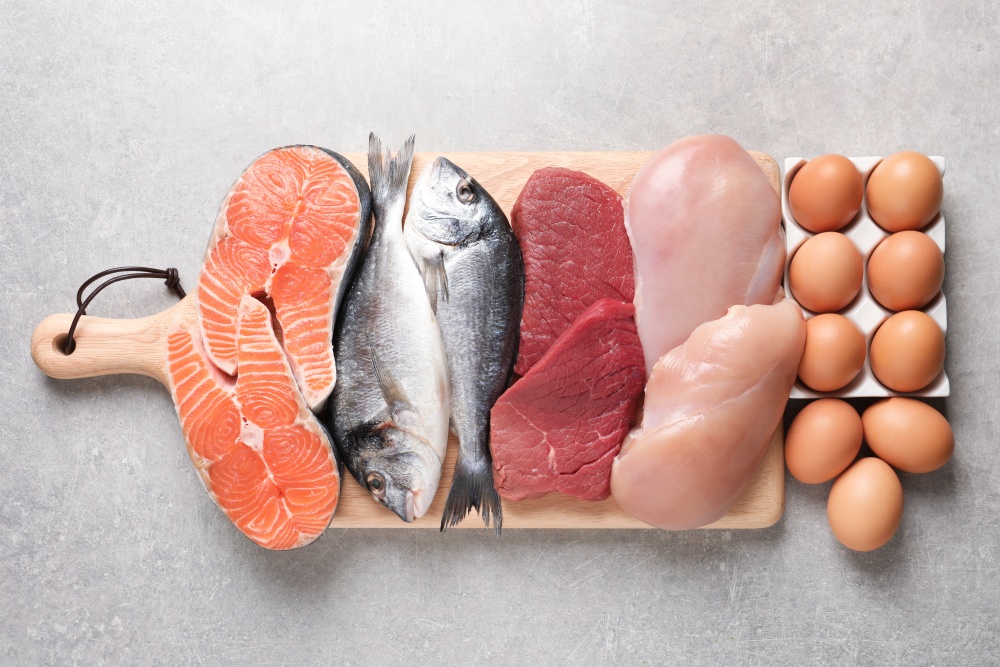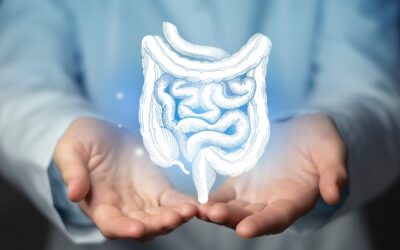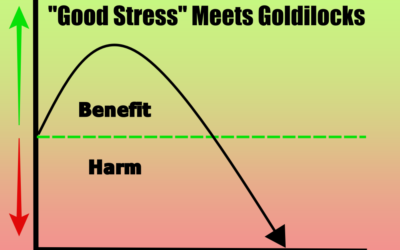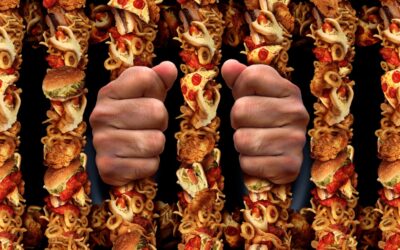Protein, often referred to as the “building blocks of life” is arguably the most critical macronutrient for brain health and repair and disease prevention as we age. One of three macronutrients found in food the body is primarily composed of protein (second only to water).
Proteins are essential for the growth, repair, and maintenance of tissues in the body (muscles and bone integrity), and they also play a role in many other bodily functions, such as enzyme production, hormone regulation, and immune system function.
All of that said, in this article, you will learn the critical role of protein in the body, the different types and implications on brain health, and how to ensure you are getting adequate protein in your diet to maintain brain health and prevent disability as you age.
Protein Metabolism
The body has a complex system for regulating the production and breakdown of proteins. This process is called protein metabolism.
Protein Catabolism
Protein catabolism is the process of breaking down the protein in food into amino acids that are then absorbed into the bloods stream.
Protein Anabolism
Protein anabolism is the processed of taking the amino acids and converting them into functional proteins.
Amino Acids
Amino acids are the building blocks of proteins. There are 20 different amino acids that the body needs to function properly, and they can be divided into two categories: essential and non-essential. Essential amino acids cannot be produced by the body and must be obtained through the diet, while non-essential amino acids can be produced by the body.
There are 9 amino acids that cannot be produced by the body and must be consumed through food. These include
- Valine
- Isoleucine
- Leucine
- Methionine
- Phenylalanine
- Tryptophan
- Threonine
- Histidine
- Lysine
What is the function of amino acids in the body?
- Tissue growth and repair
- Enzymes used for bodily functions (digestion, energy production, blood clotting, and muscle contraction)
- Act as hormones: chemical messengers that allow cells to communicate with one another
Protein Deficiency
It is important to note that if one essential amino acid is not available, protein synthesis can’t occur. With that said, protein deficiency (hypoproteinemia) has been linked to:
- Muscle loss
- Slowed growth
- Weakened immune system
- Weakened lungs and heart
What is a complete protein?
Foods that contain all of the essential amino acids are called complete proteins. These foods include:
- Beef
- Poultry
- Fish
- Eggs
- Dairy
- Soy
- Quinoa
- Buckwheat
Do amino acid supplements work?
There is little evidence that amino acid supplements are effective in protein synthesis in the body
Can you eat too much protein?
Consuming too much protein can also have negative effects on the body. Excess protein is converted into fat and stored in the body, which can lead to weight gain. It can also put a strain on the kidneys, which are responsible for filtering out waste products from the body.
Plant versus Animal Protein
Plant proteins and animal proteins differ in several ways, including their amino acid profiles, digestibility, and nutrient content. It is important to note that plant proteins do not contain all 9 essential amino acids.
Amino acid profiles
Animal proteins, such as those found in meat, eggs, and dairy products, are considered “complete” proteins because they contain all of the essential amino acids that the body needs. Plant proteins, on the other hand, are often considered “incomplete” because they may be lacking in one or more essential amino acids.
Digestibility
Animal proteins are generally more easily digested and absorbed by the body than plant proteins. This is because animal proteins are more similar in structure to human proteins, making them easier for the body to break down and use. Plant proteins, on the other hand, may contain compounds that interfere with digestion and absorption, such as phytates and fiber.
Nutrient content
Animal proteins are often higher in certain nutrients, such as vitamin B12, iron, and zinc, than plant proteins. However, plant proteins are often higher in other nutrients, such as fiber, antioxidants, and phytochemicals.
With all that said, plant-based diets require a deep understanding of how to combine plant proteins to ensure the body is getting all 9 essential amino acids to make it a complete protein. For example, beans are NOT a complete protein and must be combined with rice.
Articles you may be interested in:
Heal Documentary Critical Review
Have you ever wondered if a “mind-body connection” exists? In other words, do our thoughts and emotions have an impact on physical health and well-being? And if so, do you believe that if we address our mind, we might experience physical healing from disease? Or, does...
What is breathwork? Beginners guide to therapeutic meditation
What Is Breathwork? A Beginner's Guide To Therapeutic Meditation Breathing is automatic, unconscious, and involuntary. You do it without thinking, both when you’re awake and asleep. It’s what keeps you alive and functioning. But you can also control your breathing if...
“Sustainable” Documentary Film Review
Healthcare spending is growing 1.1% faster than the annual GDP. But as alarming as that number is, just look around. It is hard to ignore the fact that America is getting sicker, fatter, and more depressed. But why? Now, my personal belief is that it is...
Exploring the Interplay Between Cancer Risk, Physical Activity, and Obesity: Unveiling the Pathways to Prevention
In an era where health consciousness is gaining paramount importance, the relationship between cancer risk, physical activity, and obesity has emerged as a significant area of investigation. As you and I - and many of our friends - are impacted by this scary disease,...
Step by Step Guide To Growing Broccoli Sprouts
Sprouting Goodness: A Step-by-Step Guide to Growing Broccoli Sprouts Broccoli sprouts are miniature nutritional powerhouses that pack a punch of health benefits. Bursting with vitamins, minerals, and antioxidants, these tiny green sprouts are known to have 10-100...
The C Word: Film Review
If you have been around the sun enough times, you have probably been impacted by the “C word”. Cancer. With that said, I am sure you are like me in that you have been curious at one time or another…. “am I at risk”? Or maybe, like me, you already know you are at risk...
Hormetic Stress: The Good Stress For A Happy Healthy Life
It’s so easy to be tempted by the allure of comfort. In fact, technology and society have convinced us that this is of the upmost importance. You’re cold? Turn on your thermstat. Don’t like that noise? Drown it out with “white noise”. Feeling hungry? No problem. The...
Beyond Food Review
It can be so easy to get into the “religion” of the latest diet trend. I have been there. This, of course, comes with the inherent risk of a state of utter confusion. Case and point….today, vegetables are “bad”. Or, maybe I got that wrong. Maybe it was meat is bad and...
Changing Food Behavior: Get out of Food Prison
Changing Food Behavior: Easily Give Up Junk Food Changing a food behavior, particularly one that activates the brain’s reward pathways—such as binging on ice cream or sugary drinks while watching a movie, requires an insane amount of willpower. It’s tough to change...
Fed Up Review
For most of my life I believed that the food pyramid was intended to keep me healthy. In the 80’ and 90’s I believed fat would make me sick and low fat foods were the road to optimal health. In the late 90’s I thought that dairy was good for me. Eggs and high-fat meat...











